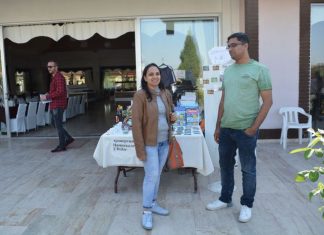Our men, meanwhile, engaged them with stones from above and fought them off with their cutlasses. Greek fire, too, was hurled at them, and the Russians, being unable to see now, threw themselves into the water, trying to swim back to their comrades, or else, at a loss what to do, gave up all hope of escape.
95. Thereupon a second signal was given and more triremes put out to sea. Other ships followed or sailed alongside. It was our fleet now that took courage, while the enemy hove-to in amazement. When the triremes neared the barbarians, the latter lost all coherence and their line broke. Some had the fortitude to stay where they were but the majority fled.
Suddenly the sun attracted a mist off the lowlying land (most of the horizon consisted of high ground) and the weather changed. A strong breeze blew from east to west, ploughed up the sea with a hurricane, and rolled waves down on the Russians. Some of their ships were overwhelmed on the spot under the weight of tremendous seas; others were driven far away and hurled on to rocks and precipitous coasts.
A certain number of these latter were hunted down by our triremes. Some they sank in deep water, with the crews still aboard. The fighting men in the triremes cut others in half and towed them, partially submerged, to nearby beaches. So a great massacre of barbarians took place and a veritable stream of blood reddened the sea: one might well believe it came down the rivers off the mainland.**114
Under Roman domination
96. After this notable victory over his enemies, the emperor returned to the palace in triumph. As a matter of fact, there was a widespread legend — despite a thorough examination of these stories I myself discovered no real foundation for the prophecy — however it was said that although the emperor was destined to meet with a host of dangers, some arising from abroad and the barbarian world, others engineered in territories then under Roman domination, all of them would come to nothing. Some special good fortune, they said, favoured the emperor, and because of it he would stamp out every revolt with the greatest ease.
It is a fact, too, that Constantine himself used to refer proudly to certain prophecies and auguries connected with his reign. He recalled extraordinary visions and dreams, some that he had experienced himself, others that he had heard of from soothsayers. On this subject he had some wonderful things to say. So it came about that when danger was imminent and while other men were alarmed and filled with dread for the future, he himself was confident of ultimate victory. He would comfort the fainthearted and face disaster with a self-composure that gave no indication of the dangers that threatened him.
Read More about The Necklace part 7








